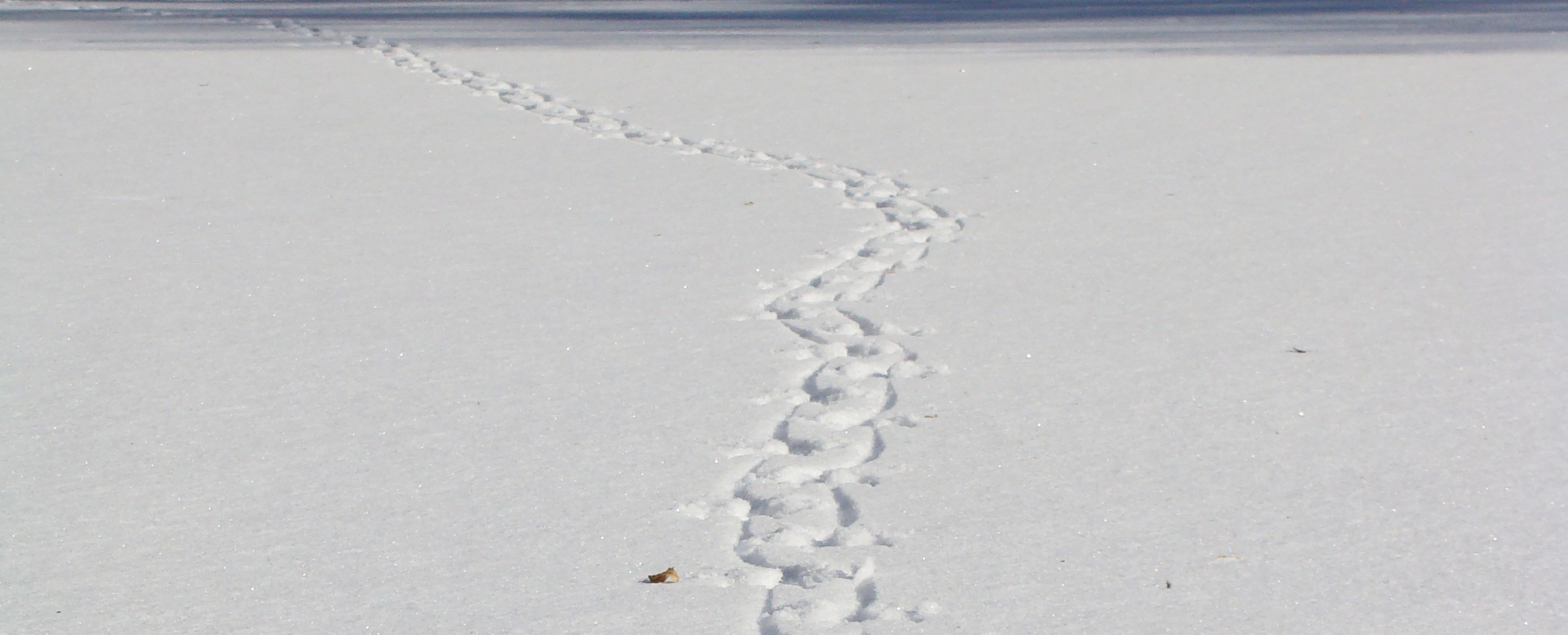For the 4th installment of my Basic Healthcare series I revisit stress because it is such a pervasive and detrimental part of many people’s lives (and maybe even more so as we approach the holiday season).
Stress does not technically refer to the events in your life that irritate you. It instead refers to your body’s reaction to those same events. When you are faced with a trying situation, your body produces hormones to give you the extra energy to appropriately deal with that situation. Once the situation has passed, your hormone production and body functions return to a less stressed, more normal and balanced state.
This stress response is essential to life because it allows you to handle the challenges that arise in our ever-changing world (traditionally referred to as the ‘fight or flight’ response). Dealing with stress can become a problem, however, when the stress response is triggered too frequently or for too long. In this case, your body continuously pumps out stress hormones, putting you out of balance and depleting your body’s reserves. Unfortunately this chronic stress has become very common, to the point of becoming the norm in our over-scheduled, frenetic multi-tasking lives. It leads to wide-ranging and severe health effects including headaches, fatigue, neck and shoulder tension, and over time to cardiovascular disease, cancer, adrenal exhaustion, hormone imbalances, and many other health problems.
There are many things that trigger a stress response:
- Psychological triggers (financial trouble, poor relationships, traffic).
- Environmental triggers (chemicals, allergens, bacteria, viruses, noise, light, etc.).
- Nutritional triggers (deficiencies and excesses).
- Physiological triggers (accidents, poor sleep, pain, surgery).
Dr. Robert Sapolsky, a Stanford University neuroscientist, explores stress in his book Why Zebras Don’t Get Ulcers. He discusses how our bodies were not designed for the constant stresses of modern life – like heavy traffic, deadlines, financial troubles, etc., rather, they are better suited for the kind of short-term stress faced by a zebra – like outrunning a lion. Here are some of his, as well as additional…
Strategies for dealing with stress:
- Identify the main causes of stress in your life.
- Eat a healthy diet.
- Make sure you get at least 7 to 8 hours of sleep each night.
- Exercise.
- Laugh.
- Find a relaxation technique or outlet for stress that suits your lifestyle and use it regularly (e.g. exercise, deep breathing, dancing, therapy, prayer, or meditation).
- Practice ‘mindful breathing’: shallow breathing may lead to tension and fatigue while breathing with your diaphragm tends to reduce stress and improve energy.
- Maintain a positive attitude and remain hopeful.

- Seek to control what you can in your life, but also be flexible toward those many things that are beyond our control.
- Manage your time efficiently (it gives you more control).
- Find sources of social affiliation and support.
- Change your perception so things that once seemed stressful no longer have a hold on you. “There is a gap between stimulus and response”.
Some of these suggestions are easier said than done, but small steps in the right direction will help. It is not worth ruining your health over chronic stress. Again, I am not suggesting stress can be eliminated, however, there are many situations where we could decrease daily stress (or change our response to it) before it impedes our health and our success in life. One of my favorite sayings is ‘It takes a loose arm to throw a fastball’. Relaxed people are usually successful with more ease – not to mention healthier! Also, remember that the basics of a healthy lifestyle – proper sleep, a healthy diet, regular exercise, effective time management – are also foundational in managing stress. To really take care of yourself you may have to reestablish your priorities. Remember to be patient with yourself and the process as it will take time.
You must have a room, or a certain hour or so a day, where you don’t know what was in the newspapers that morning… a place where you can simply experience and bring forth what you are and what you might be.
~Joseph Campbell, The Power of Myth



